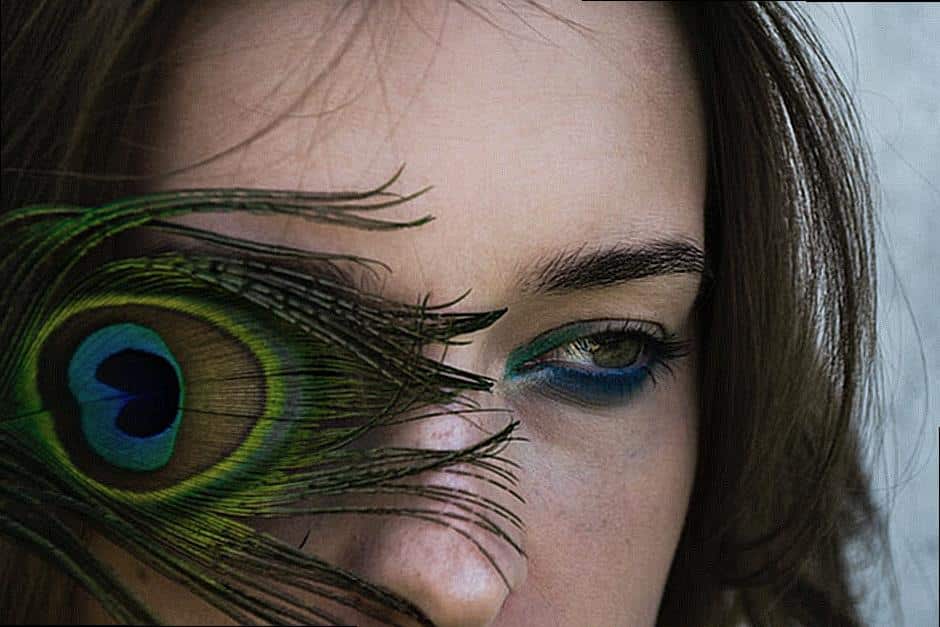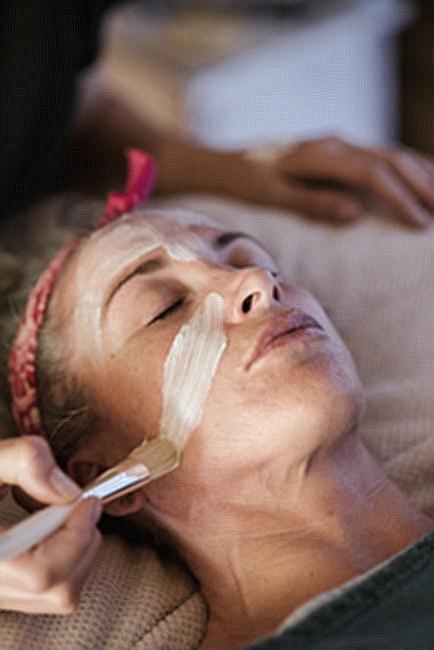Eye Care Red Deer is a comprehensive eye care service provider located in central Alberta, Canada. The clinic is dedicated to providing top-quality eye care services to patients of all ages, offering a wide range of services such as eye exams, eyeglasses, contact lenses, and treatment for various eye conditions. With a team of highly qualified and experienced optometrists, certified opticians, and friendly staff, Eye Care Red Deer has become a trusted provider of eye care solutions in the community.
The clinic’s commitment to the highest standards of patient care is reflected in the technology used in their eye exams, which includes advanced diagnostic tools such as computerized visual field testing and retinal imaging. These modern technologies allow the practitioners to obtain a comprehensive view of their patients’ eye health and accurately diagnose any vision problems or eye diseases. Additionally, the clinic offers a large selection of high-quality frames and lenses from reputable brands, ensuring that patients can find the perfect pair of eyeglasses to suit their needs and personal style.
At Eye Care Red Deer, patients can expect a warm welcome and personalized service from start to finish. Whether they are coming in for a routine eye exam or seeking treatment for a particular eye condition, the team of experts takes the time to listen to their concerns and offer tailored solutions to meet their individual needs. With a focus on patient satisfaction, Eye Care Red Deer continues to be a leading provider of eye care services in the community.
What Is An Optometrist?
An optometrist is a healthcare professional who specializes in examining, diagnosing, and treating vision problems and eye diseases. They are trained to prescribe corrective lenses such as glasses and contact lenses, as well as to provide vision therapy to improve eye coordination and focus. Optometrists also perform comprehensive eye exams to assess the overall health of a patient’s eyes and to detect and manage conditions such as glaucoma, cataracts, and macular degeneration. They may work in private practices, healthcare clinics, or hospitals.
What Is An Ophthalmologist?
An ophthalmologist is a medical doctor who specializes in the diagnosis and treatment of vision problems and eye diseases. They have completed four years of medical school, followed by a one-year internship and a three-year residency in ophthalmology. Ophthalmologists may perform surgeries on the eyes, such as cataract surgery or LASIK surgery, and they are trained to diagnose and manage a wide range of vision problems and eye conditions. They may also work with other healthcare professionals to provide comprehensive care for patients with complex medical conditions.
What Does An Optician Do?
An optician is a professional who is trained to design, fit, and dispense corrective lenses, such as glasses and contact lenses. They work closely with optometrists and ophthalmologists to fill prescriptions and ensure that patients have the correct lenses to correct their vision problems. Opticians may also provide advice and guidance on the selection of eyewear, such as frames and lenses, to suit a patient’s needs and preferences. Additionally, some opticians may offer repair services for damaged eyewear.
What Are The Symptoms Of Dry Eyes?
Dry eyes is a common condition that occurs when the eyes are not producing enough tears, or tears are not of the proper quality. Some of the symptoms of dry eyes include:
– A gritty or sandy feeling in the eyes
– Burning or stinging sensations in the eyes
– Eye redness or irritation
– Watery eyes
– Blurred vision
– Sensitivity to light
If left untreated, dry eyes can lead to complications such as corneal ulcers and vision loss. It is important to see an eye care professional if you are experiencing any of these symptoms.
How Often Should You Get An Eye Exam?
The American Optometric Association recommends that adults receive a comprehensive eye exam every two years, or more frequently if they have a history of certain eye conditions or risk factors such as diabetes or high blood pressure. Children should receive their first eye exam at around six months of age, and then regular exams at ages three and five, followed by exams every two years after starting school. People over the age of 65 should have annual eye exams to detect age-related eye conditions such as cataracts, glaucoma, and macular degeneration.
What Is Lasik Surgery?
LASIK (laser-assisted in situ keratomileusis) is a type of refractive surgery that is used to correct vision problems such as nearsightedness, farsightedness, and astigmatism. During the procedure, an ophthalmologist uses a laser to reshape the cornea, which is the clear front part of the eye. This allows light to focus directly on the retina, resulting in clearer vision. LASIK is typically performed on an outpatient basis and has a high success rate, with most patients achieving 20/20 vision or better after the procedure.
What Is Cataract Surgery?
Cataract surgery is a procedure that is used to remove a cloudy lens in the eye and replace it with a clear artificial lens. Cataracts are a common eye condition that occurs when the natural lens of the eye becomes cloudy, often due to aging. Cataract surgery is typically performed on an outpatient basis and involves a small incision in the eye through which the cloudy lens is broken up and removed. The artificial lens is then inserted in its place. Cataract surgery has a high success rate, with most patients experiencing improved vision after the procedure.
How Can I Prevent Eye Strain?
Eye strain is a common condition that occurs when the eyes become fatigued due to prolonged use, such as reading or using a computer for extended periods of time. Some ways to prevent eye strain include:
– Taking frequent breaks to rest the eyes
– Adjusting the lighting in the room to reduce glare and eye strain
– Positioning the computer screen at a comfortable distance and angle
– Wearing prescription eyewear if needed
– Using artificial tears to lubricate the eyes if they become dry
What Is Glaucoma?
Glaucoma is an eye condition that occurs when there is damage to the optic nerve, which is responsible for transmitting visual information from the eye to the brain. This damage is often caused by increased pressure within the eye, which can be a result of the buildup of fluid in the eye. Glaucoma can cause vision loss and can eventually lead to blindness if left untreated. Some of the symptoms of glaucoma include:
– Eye pain or discomfort
– Blurred vision
– Halos around lights
– Tunnel vision
Early detection and treatment of glaucoma are important to prevent vision loss. This can be done through regular comprehensive eye exams.
What Are The Causes Of Macular Degeneration?
Macular degeneration is an eye condition that occurs when the central part of the retina, known as the macula, deteriorates, causing blurred or distorted vision. Some of the causes of macular degeneration include:
– Aging
– Genetics
– Smoking
– Exposure to UV light
– High blood pressure
– High cholesterol
There are two types of macular degeneration, dry and wet. Dry macular degeneration is more common and progresses slowly, while wet macular degeneration is more severe and can cause sudden vision loss. Treatment options for macular degeneration may include surgery, medication, or laser therapy.
What Are The Treatment Options For Diabetic Retinopathy?
Diabetic retinopathy is an eye condition that occurs when high blood sugar levels damage the blood vessels in the retina, leading to vision loss or blindness. Some of the treatment options for diabetic retinopathy include:
– Controlling blood sugar levels
– Managing blood pressure and cholesterol levels
– Laser therapy to seal leaking blood vessels
– Surgery to remove blood or scar tissue
– Injection of medication into the eye to reduce swelling
It is important for people with diabetes to have regular comprehensive eye exams to detect and manage diabetic retinopathy.
How Can I Treat Conjunctivitis?
Conjunctivitis, also known as pink eye, is an eye condition that causes inflammation of the thin, clear layer of tissue that covers the front of the eye and lines the eyelids. Some of the treatment options for conjunctivitis include:
– Applying warm compresses to the eyes
– Using artificial tears to lubricate the eyes
– Antibiotic or antiviral medication, depending on the cause of the conjunctivitis
– Avoiding contact with other people to prevent the spread of the infection
It is important to see an eye care professional if you are experiencing symptoms of conjunctivitis, as it can be highly contagious.
How Can I Improve My Vision Naturally?
While corrective lenses and surgery may be necessary to treat many vision problems, there are some things you can do to improve your vision naturally, including:

– Eating a balanced diet that includes foods rich in vitamins A, C, and E, as well as omega-3 fatty acids
– Quitting smoking, as it can increase the risk of developing eye conditions such as macular degeneration
– Getting regular exercise, which can improve circulation and eye health
– Practicing good eye hygiene, such as avoiding rubbing your eyes or wearing old makeup that can harbor bacteria
– Resting your eyes regularly and taking frequent breaks when using a computer or reading for extended periods of time

How Can I Reduce My Risk Of Developing Eye Diseases?
There are several ways to reduce your risk of developing eye diseases, including:
– Getting regular comprehensive eye exams to detect and manage eye conditions
– Maintaining healthy blood sugar, blood pressure, and cholesterol levels
– Protecting your eyes from UV light by wearing sunglasses and a hat
– Avoiding smoking or quitting if you are a smoker
– Eating a balanced diet that includes foods rich in eye-healthy vitamins and nutrients
What Are The Warning Signs Of An Eye Problem?
Some of the warning signs of an eye problem may include:
– Blurred or distorted vision
– Difficulty seeing at night or in low light conditions
– Eye pain or discomfort
– Sensitivity to light
– Halos or glare around lights
– Double vision
– Dizziness or difficulty with balance
If you are experiencing any of these symptoms, it is important to see an eye care professional for a comprehensive eye exam. Early detection and treatment of eye problems can help prevent vision loss and protect your eye health.

Conclusion
In conclusion, Eye Care Red Deer is an excellent choice for anyone seeking comprehensive eye care services in Central Alberta. The clinic offers a wide range of services, including eye exams, fittings for glasses and contact lenses, and treatments for various eye conditions.
The team of experienced optometrists and staff at Eye Care Red Deer are committed to providing personalized and high-quality care to each patient. From the moment you step into the clinic, you will be greeted with a warm and welcoming atmosphere.
Eye Care Red Deer uses the latest technology and equipment to diagnose and treat various eye problems. The clinic also provides education and resources to help patients maintain healthy eyesight and prevent future eye problems.
In summary, if you are in need of eye care services in Red Deer, Eye Care Red Deer is the perfect place to turn to for exceptional eye care.



